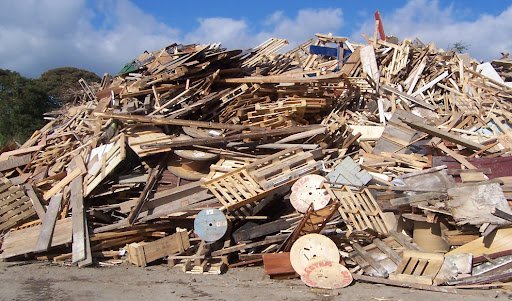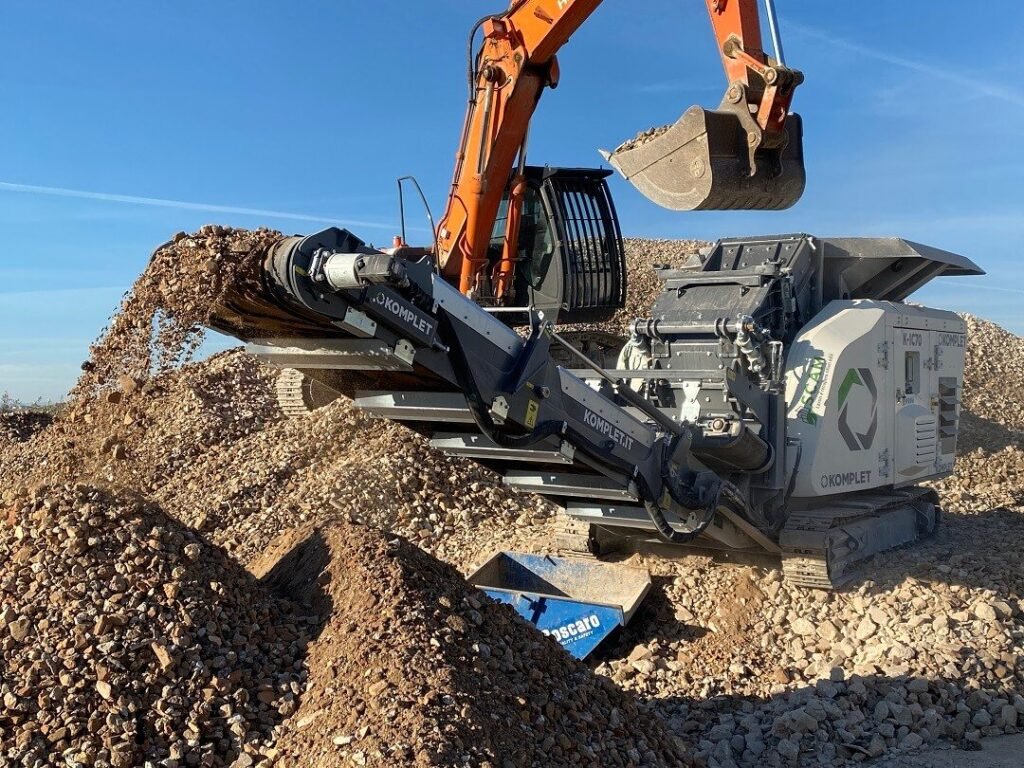Demolition Done Right: Essential Tips for Responsible Waste Disposal
Demolition projects, while exciting harbingers of new beginnings, inevitably generate a mountain of waste.
Responsible Waste Disposal of this debris is crucial not only for environmental protection but also for adhering to local regulations and avoiding hefty fines.
Here are some essential tips to guide you through the demolition waste disposal process:
1. Segregate and Conquer
The key to responsible disposal lies in segregation. Sort your demolition waste into distinct categories such as:
- Concrete and brick: These heavy materials often find their way to recycling facilities where they are crushed and repurposed for various construction applications.
- Metal: Scrap metal, including rebar and pipes, is a valuable recyclable. Contact local scrap metal yards for collection or drop-off options.
- Wood: Untreated wood can be recycled or repurposed for various projects. Explore community wood waste programs or consider creative upcycling endeavours.
- Hazardous materials: Be mindful of materials like asbestos, lead paint, and certain chemicals.
These require specialized disposal procedures due to their potential health and environmental hazards. Consult licensed professionals for safe handling and disposal.

2. Partner with the Right Hauler
Once your waste is segregated, finding a reputable waste-hauling company is crucial. Ensure they possess the necessary licenses and permits for handling your specific types of debris.
Inquire about their disposal methods and ensure they adhere to environmentally responsible practices.
3. Explore Reuse and Donation Opportunities
Before discarding anything, consider reusing opportunities. Doors, windows, cabinets, and even bricks can find new life in renovation projects.
Donate usable materials to salvage stores or community-building initiatives.
4. Permit Procurement
Demolition projects often warrant obtaining permits from local authorities. These permits may outline specific waste disposal requirements, so ensure you understand and comply with them to avoid complications.

5. Stay Informed
Local regulations and disposal procedures can vary significantly. Researching local guidelines and staying updated on any changes is vital to ensure you navigate the disposal process smoothly and responsibly.
By following these tips, you can ensure your demolition project contributes to a sustainable future and avoids unnecessary environmental strain.
Remember, responsible waste disposal is not just an obligation; it’s a step towards a cleaner, greener tomorrow.
